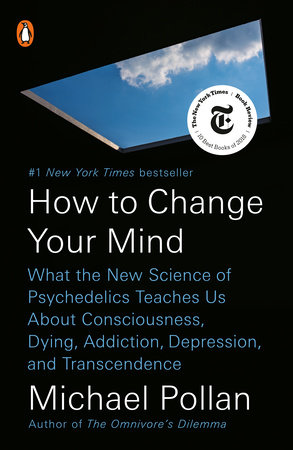Here's Alan Watts on the subject that I raised at the end of my previous post:
'The most impressive fact in man’s spiritual, intellectual, and poetic experience has always been, for me, the universal prevalence of those astonishing moments of insight which Richard Bucke called “cosmic consciousness.” There is no really satisfactory name for this type of experience. To call it mystical is to confuse it with visions of another world, or of gods and angels. To call it spiritual or metaphysical is to suggest that it is not also extremely concrete and physical, while the term “cosmic consciousness” itself has the unpoetic flavor of occultist jargon. But from all historical times and cultures we have reports of this same unmistakable sensation emerging, as a rule, quite suddenly and unexpectedly and from no clearly understood cause.
To the individual thus enlightened it appears as a vivid and overwhelming certainty that the universe, precisely as it is at this moment, as a whole and in every one of its parts, is so completely right as to need no explanation or justification beyond what it simply is. Existence not only ceases to be a problem; the mind is so wonder-struck at the self-evident and self-sufficient fitness of things as they are, including what would ordinarily be thought the very worst, that it cannot find any word strong enough to express the perfection and beauty of the experience. Its clarity sometimes gives the sensation that the world has become transparent or luminous, and its simplicity the sensation that it is pervaded and ordered by a supreme intelligence. At the same time it is usual for the individual to feel that the whole world has become his own body, and that whatever he is has not only become, but always has been, what everything else is. It is not that he loses his identity to the point of feeling that he actually looks out through all other eyes, becoming literally omniscient, but rather that his individual consciousness and existence is a point of view temporarily adopted by something immeasurably greater than himself.
The central core of the experience seems to be the conviction, or insight, that the immediate now, whatever its nature, is the goal and fulfillment of all living. Surrounding and flowing from this insight is an emotional ecstasy, a sense of intense relief, freedom, and lightness, and often of almost unbearable love for the world, which is, however, secondary.
Often, the pleasure of the experience is confused with the experience and the insight lost in the ecstasy, so that in trying to retain the secondary effects of the experience the individual misses its point—that the immediate now is complete even when it is not ecstatic. For ecstasy is a necessarily impermanent contrast in the constant fluctuation of our feelings. But insight, when clear enough, persists; having once understood a particular skill, the facility tends to remain.
The terms in which a man interprets this experience are naturally drawn from the religious and philosophical ideas of his culture, and their differences often conceal its basic identity. '
That last sentence is significant for me. Watts implies that there is a common core to mystical experience that gets unpacked theistically or non-theistically, depending on the mystic's cultural background.
This notion that there is a common core to spiritual experiences in world faiths is rather controversial from the standpoint of the Philosophy of Religion. But I have often thought that there might be something in it.
One interesting recent development in this field has been the revival of interest in research into hallucinogenics like LSD and psilocybin. At the moment I am just in the process of familiarising myself with the territory, but my understanding is that these long derided psychedelics have, to give one example, been used to induce the experience that Watts describes above in terminally ill cancer patients in order to help them come to terms with their mortality.
And this kind of research isn't being conducted off the grid. It is happening at institutions like Johns Hopkins university.
Michael Pollan's recent book on this subject is the primer that I would recommend for anyone who is interested:
I am up to page 65. Pollan's argument thus far appears to be that there may be a convergence between the reports of mystics (who if they operating from a theistic perspective tend to conceive of God
very differently and sometimes impersonally) down the centuries and the profoundly life-changing accounts that recipients of these so-called entheogens have self-reported.
Pollan is also a sceptical author. But as far as I can tell, even he seems to think it possible that these experiences are nor simply hallucinatory.

